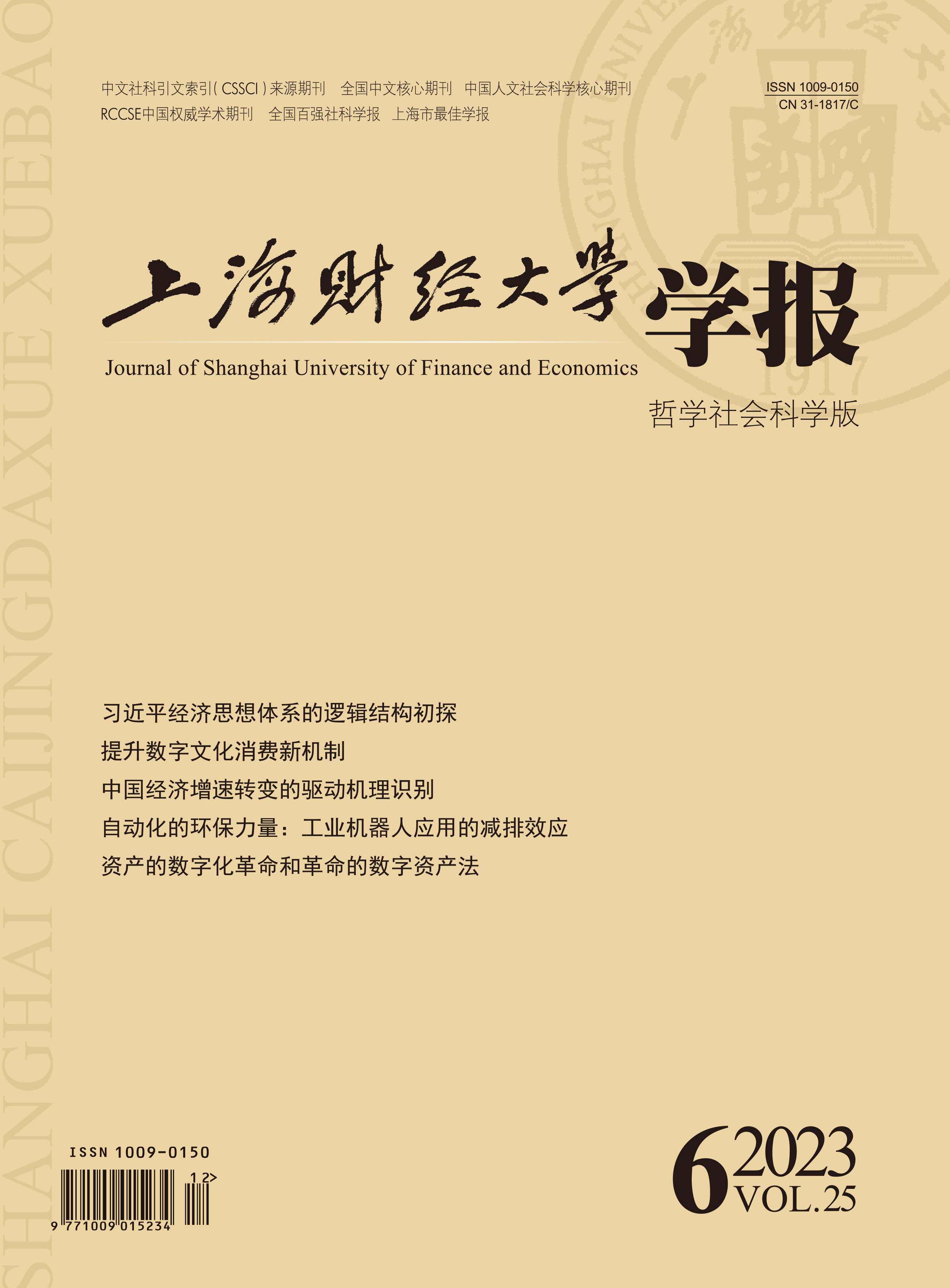The report to the 20th National Congress of the Communist Party of China emphasized the need to “promote the high-end, intelligent, and green development of the manufacturing industry”. With the continuous deepening of AI technology, industrial robots have become an essential component driving the high-quality development of the national economy, known as the “pearl at the top of the manufacturing crown”. In response to the significant demand for national digital economic governance, as important external stakeholders of enterprises, auditors’ decision-making is predominantly affected by the “machine replacement” effect through changing the structure of production factors, management patterns, and financial performance of enterprises. However, the academic community’s attention to the exploration of this issue still needs to be improved.
Based on the data of listed companies in China’s A-share manufacturing industry from 2011 to 2019, from the spillover effect perspective, this paper explores the impact of industrial robot applications at the enterprise level on audit fees under the techno-economic paradigm and audit pricing theories. The results show that industrial robot applications in enterprises significantly reduce audit fees, and the conclusion still holds after conducting the IV approach, Heckman two-step method, PSM, and other robustness tests. Mechanism testing shows that industrial robot applications inhibit audit fees by reducing audit resource investment and alleviating audit risk perception. Heterogeneity testing indicates that the negative impact of industrial robot applications on audit fees is more significant in labor-intensive, technology-intensive, and shorter auditor tenure enterprises. Finally, by decomposing the nature of audit fees, it is found that industrial robot applications have a more substantial governance effect on abnormal audit fees than normal ones.
The conclusions prove that industrial robot applications in enterprises have a spillover effect on audit fees, which helps to expand the research on the economic consequences of industrial robot applications to the level of external auditors, and enriches the research on the influencing factors of audit pricing from the perspective of AI technology application. In terms of policy implications, the research findings have important reference significance for the government to improve policies on the robotics industry, for enterprises to promote high-end intelligent manufacturing, and for auditors to optimize pricing decisions.





 4339
4339  3408
3408

